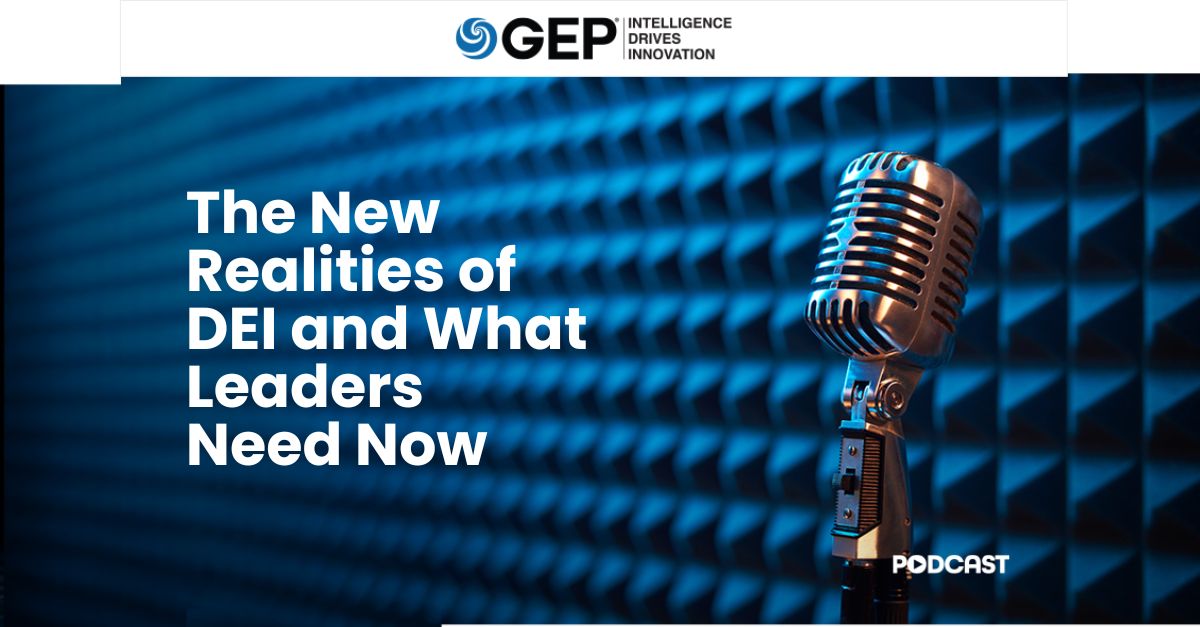-
GEP Software
-
- Procurement Software
- Direct Procurement Software
- Indirect Procurement Software
- Unified Source-to-Pay
- Source-To-Contract Software
- Procure-to-Pay
- Midsize & High Growth Enterprises
- Key Capabilities
- Spend Analysis
- Sourcing
- Contract Lifecycle Management
- Supplier Lifecycle Management
- Third-Party Risk Management
- Purchasing
- Payments
- Data Analytics and Reporting
- Do more with GEP SMART
- Intake Management & Orchestration
- Intelligent Category Management
- Tail Spend Management
- Cost Data & Analytics (GEP COSTDRIVERS)
- AI-First Supply Chain Management
- Supply Chain Visibility and Execution
- Logistics Visibility
- Inventory and Warehouse Management
- GEP Multienterprise Collaboration Network
- Supply Chain Control Tower
- Field Services
- Supply Chain Collaboration & Planning
- Supply Chain Planning
- Purchase Order Collaboration
- Forecast Collaboration
- Capacity Collaboration
- Quality Management Software
- Should-Cost Modeling
- Direct Material Sourcing
-
-
GEP Strategy
-
GEP Strategy
Unrivaled supply chain and procurement expertise + the transformative power of AI
Supply Chain Consulting
- Environmental, Social and Governance
- Sustainability Consulting Services
- Socially Responsible Sourcing
- Scope 3
- Demand and Supply Chain Planning
- Collaborative Planning
- Source To Contract
- Procure To Pay
- Inventory Strategy & Management
- Operations & Manufacturing Excellence
- GEP Total Inventory Management Solution
- Network Strategy & Optimization
- Warehousing & Transportation Management
-
-
GEP Managed Services
-
GEP Managed Services
World-class skills, experience and know-how — amplified by the power of AI
-


The New Realities of DEI and What Leaders Need Now
DEI once drove stronger innovation and performance but new political and investor pressures are creating tough choices for leaders. These shifts reach deep into operations, from supplier risk to team stability. This podcast looks at how companies can keep DEI aligned with measurable business value. You’ll hear how smart, consistent action strengthens supply chains, improves decision-making, and supports long-term growth.
What You’ll Hear:
- How DEI choices influence supplier resilience and day-to-day operations
- Ways to refine programs with clear metrics that show real performance impact
- Steps to embed DEI across procurement, logistics, and leadership teams
This is a audio recording of a recent podcast.
TO LISTEN, Please Enter your EMAIL
JUST A FEW MORE THINGS ABOUT YOU









